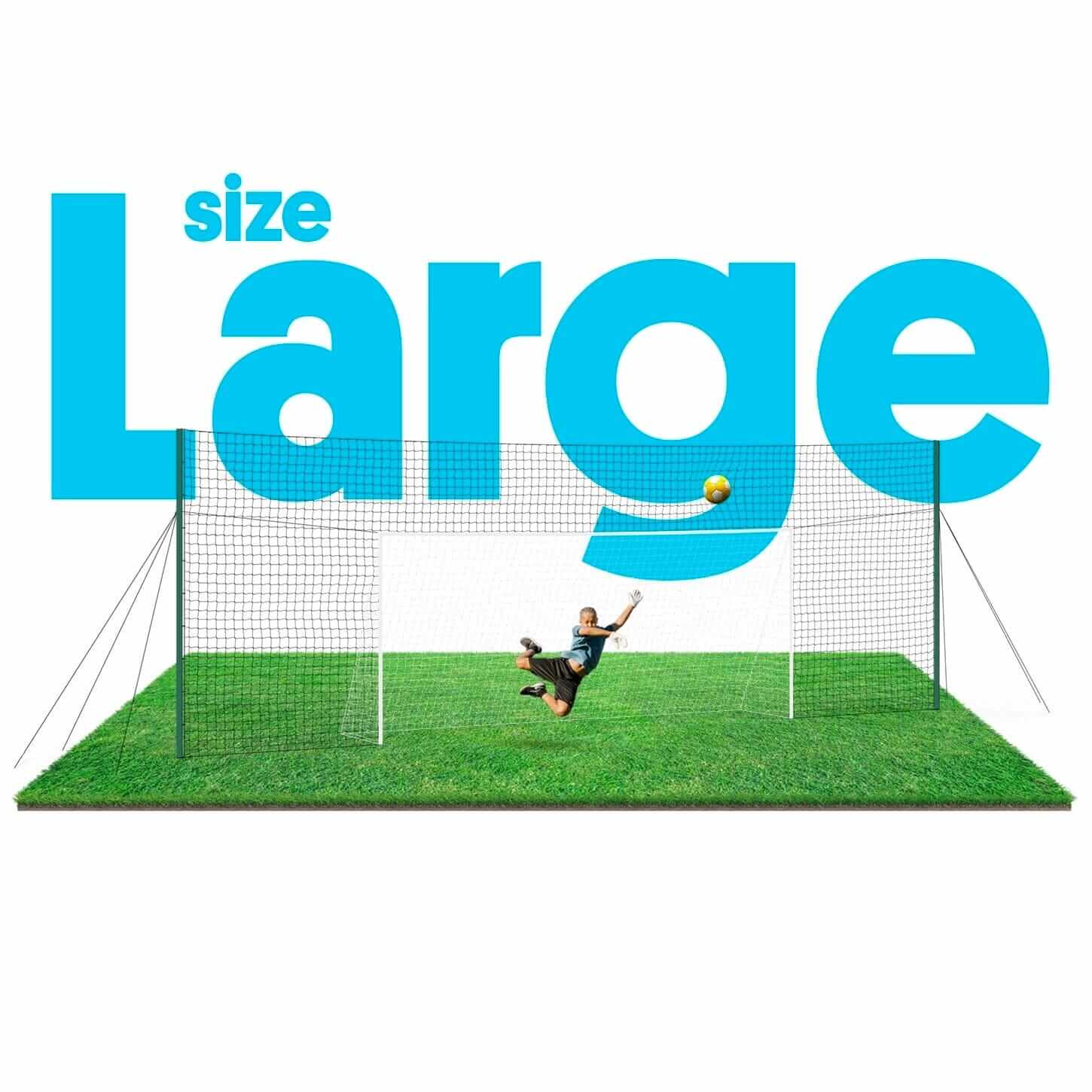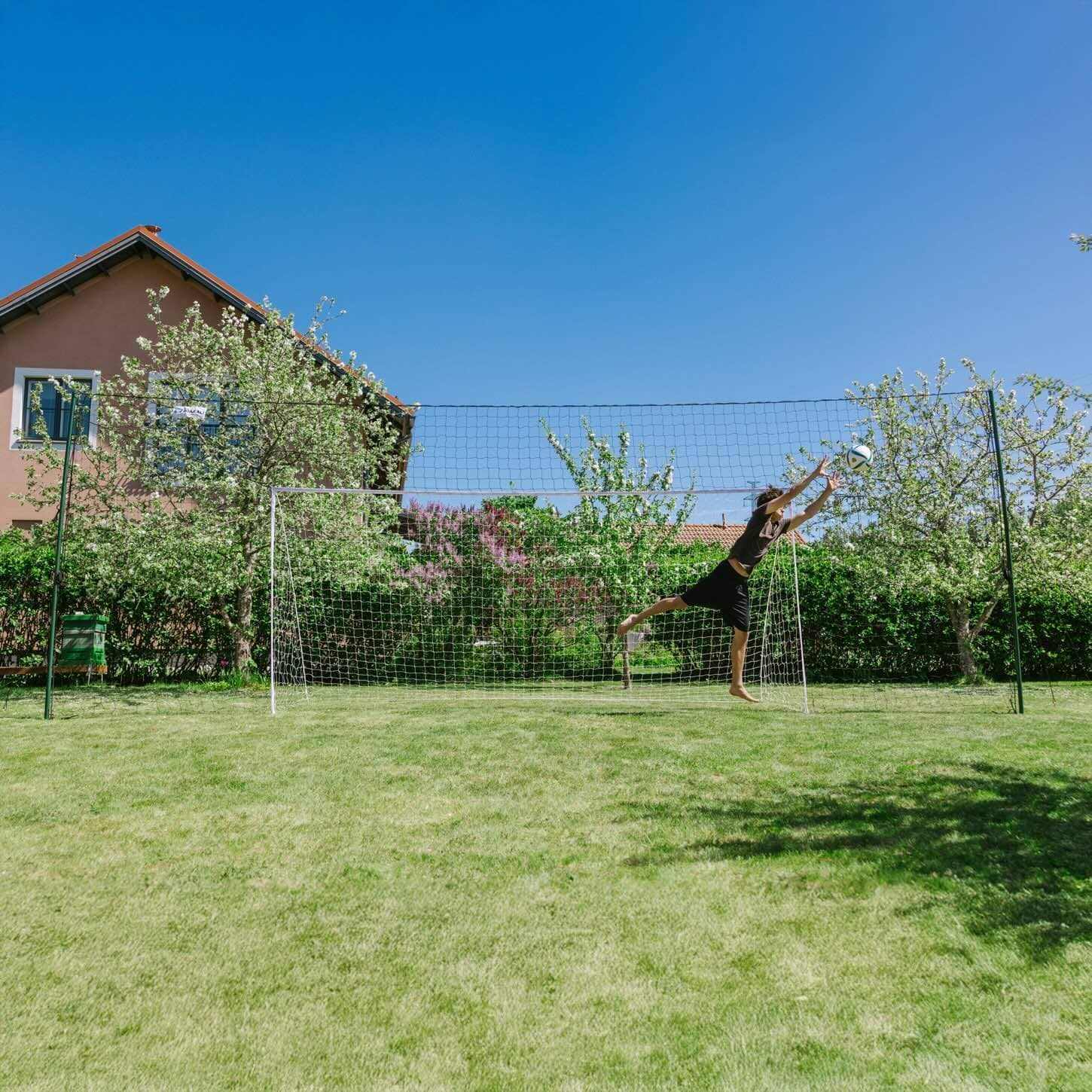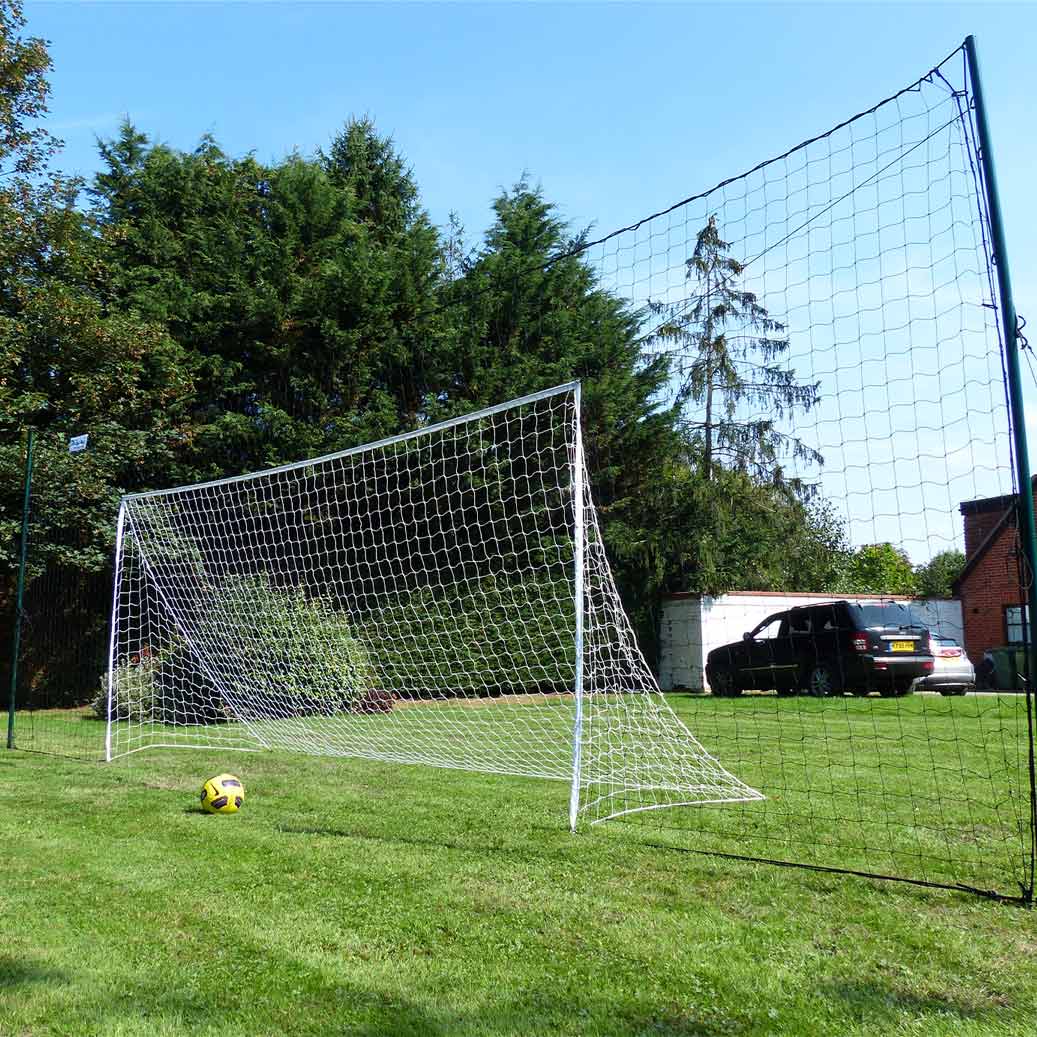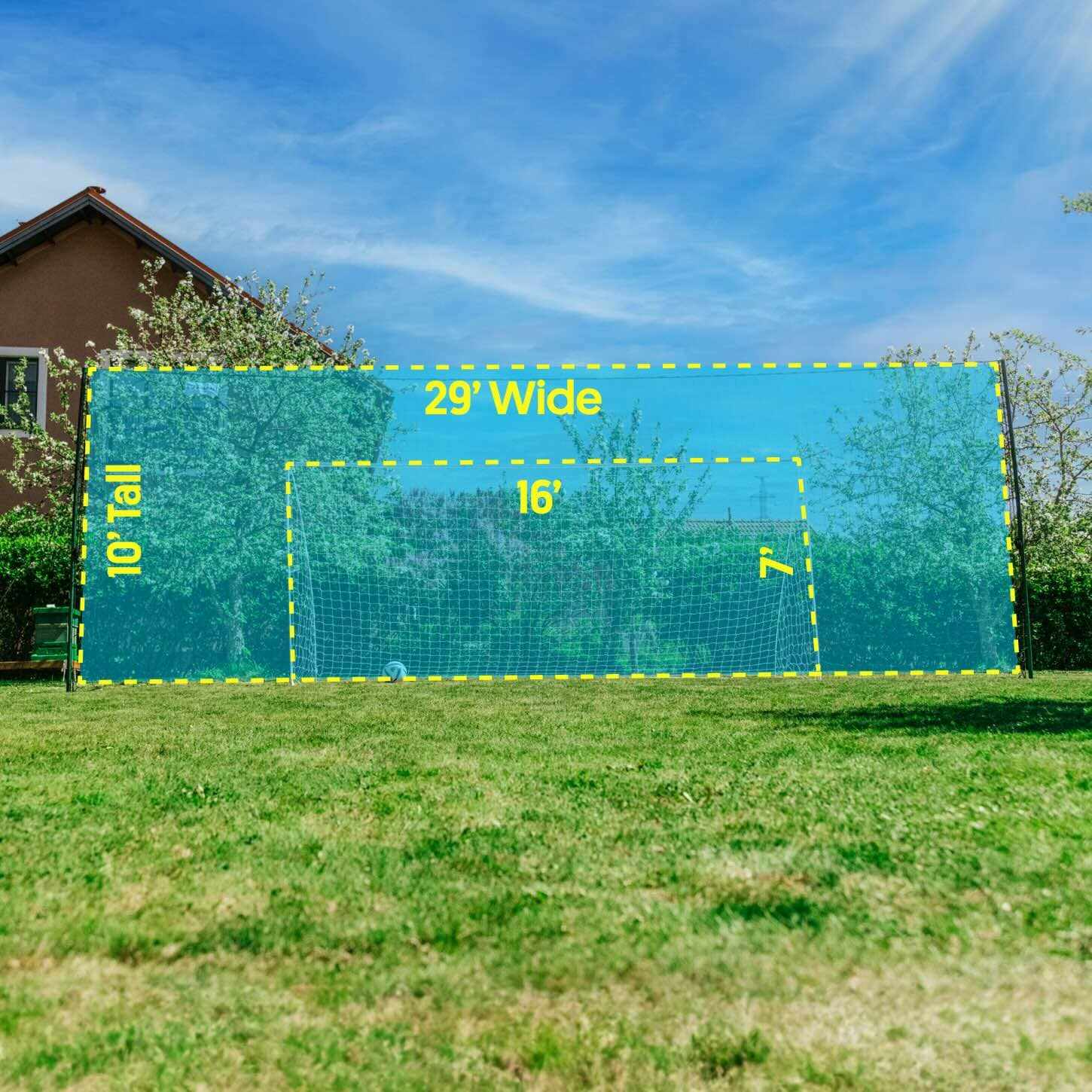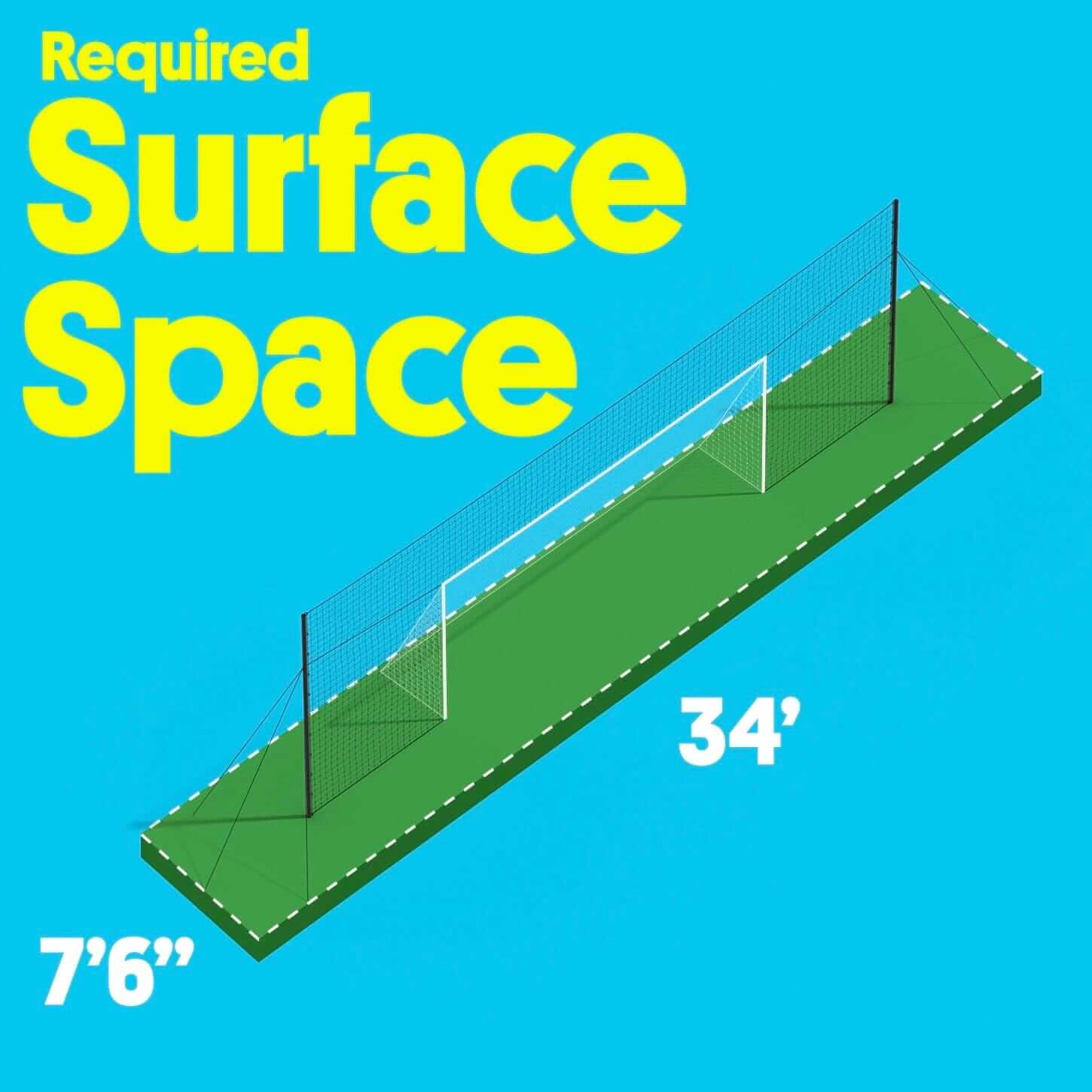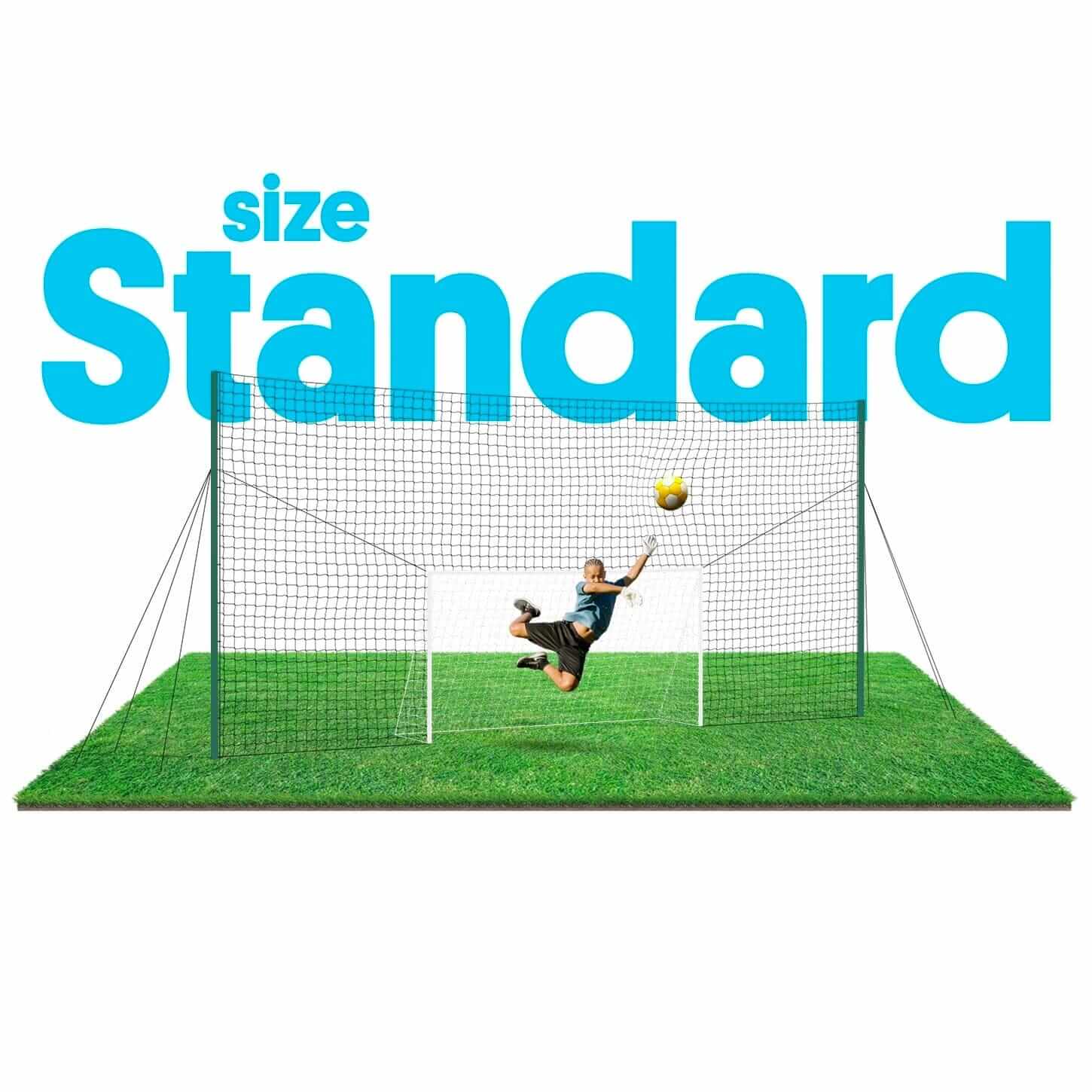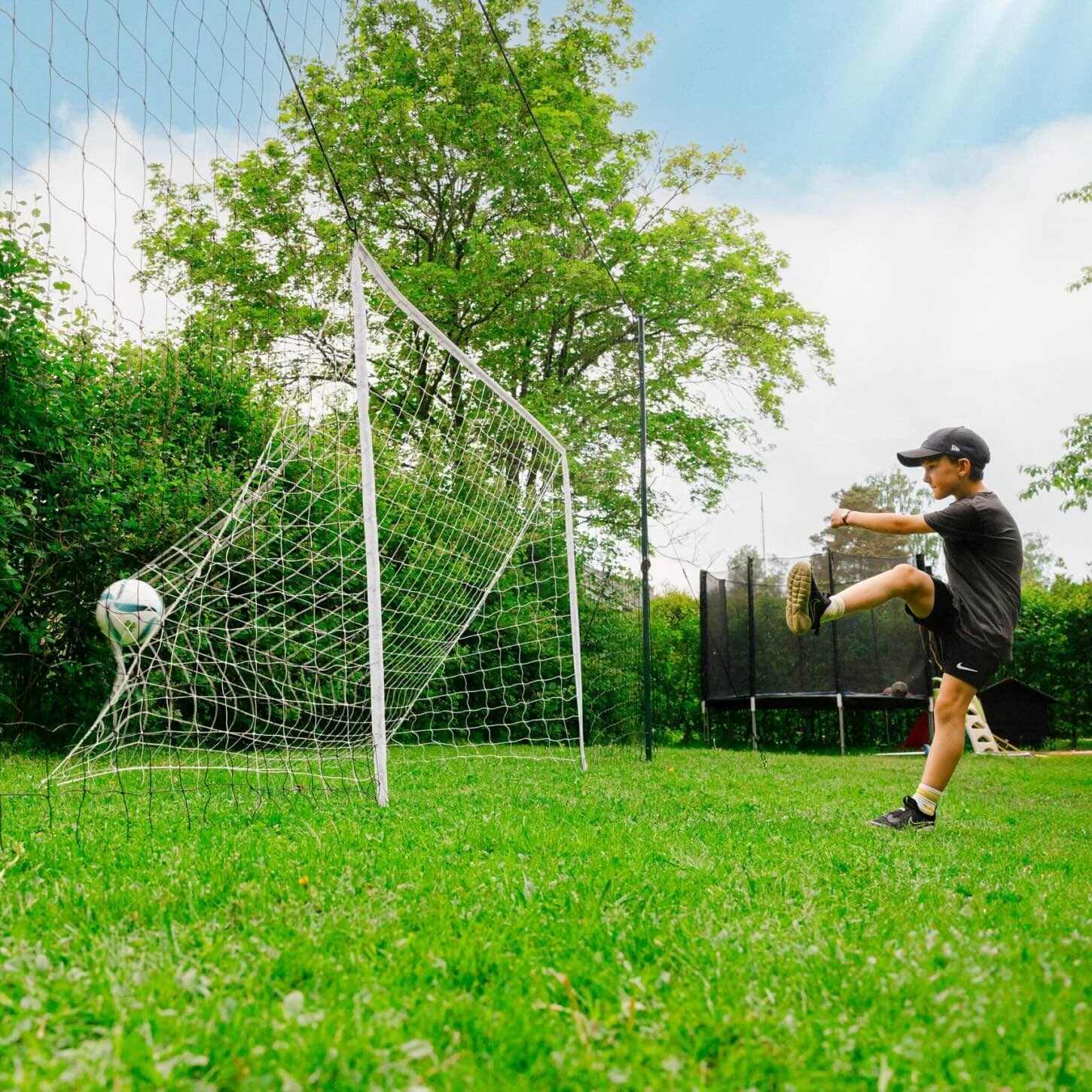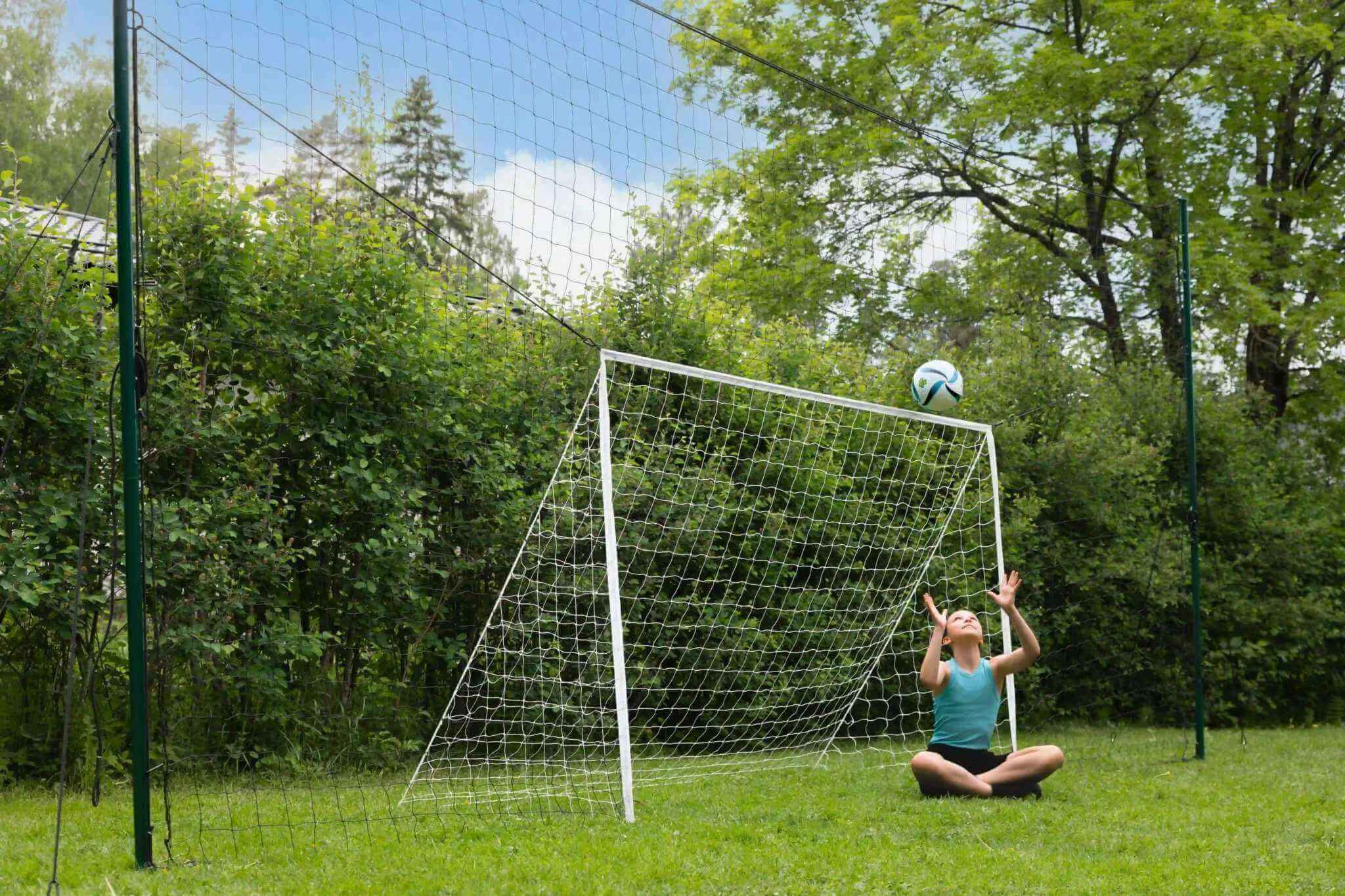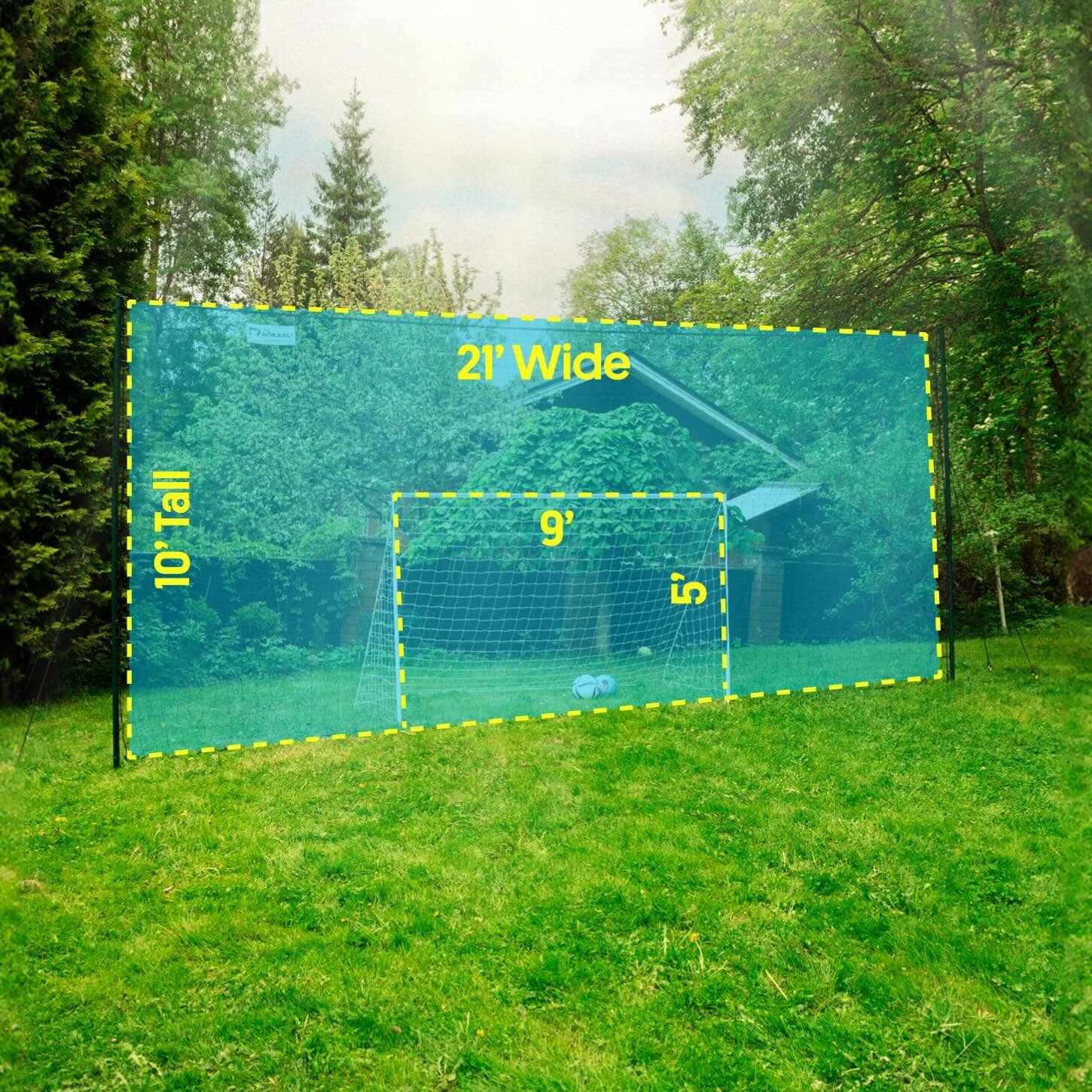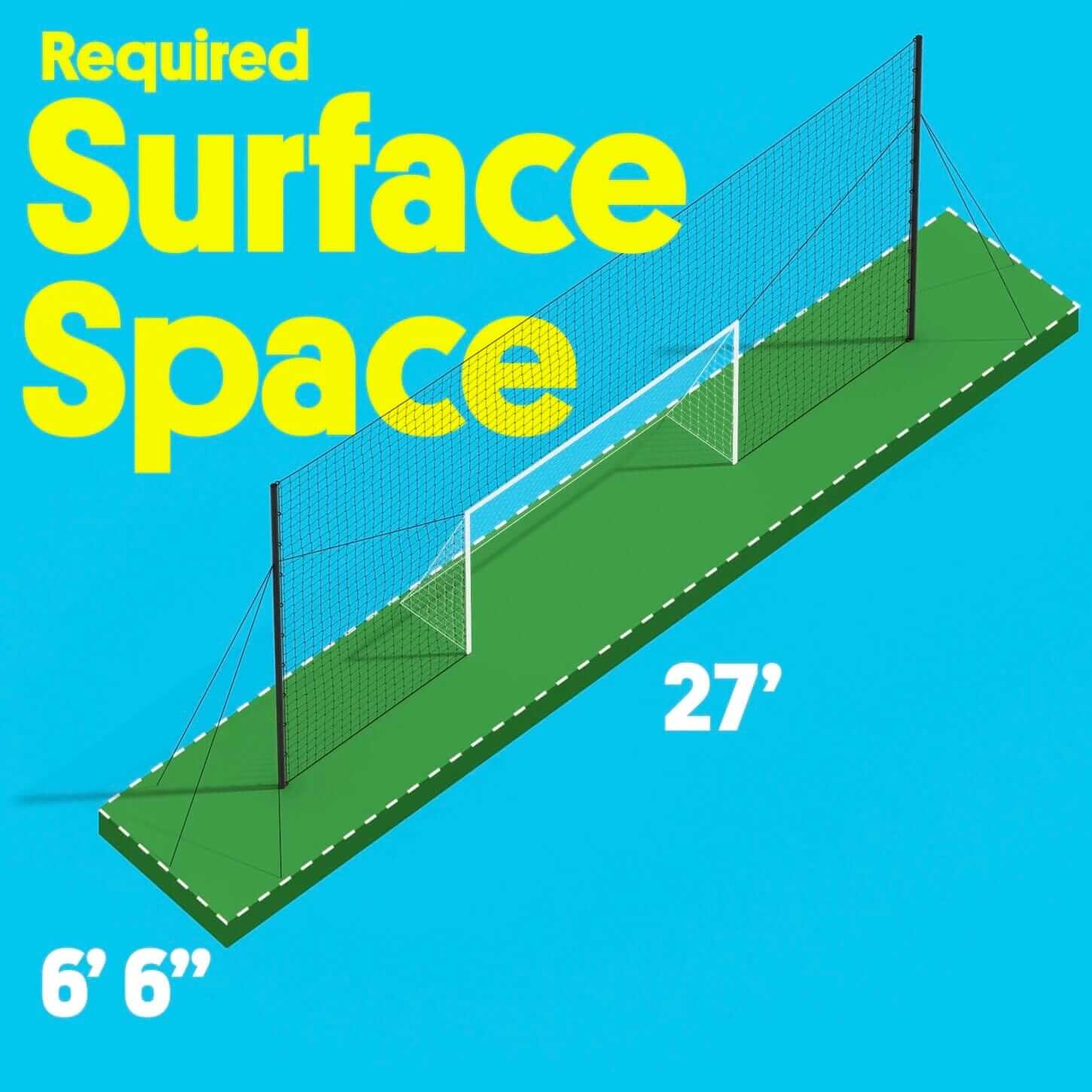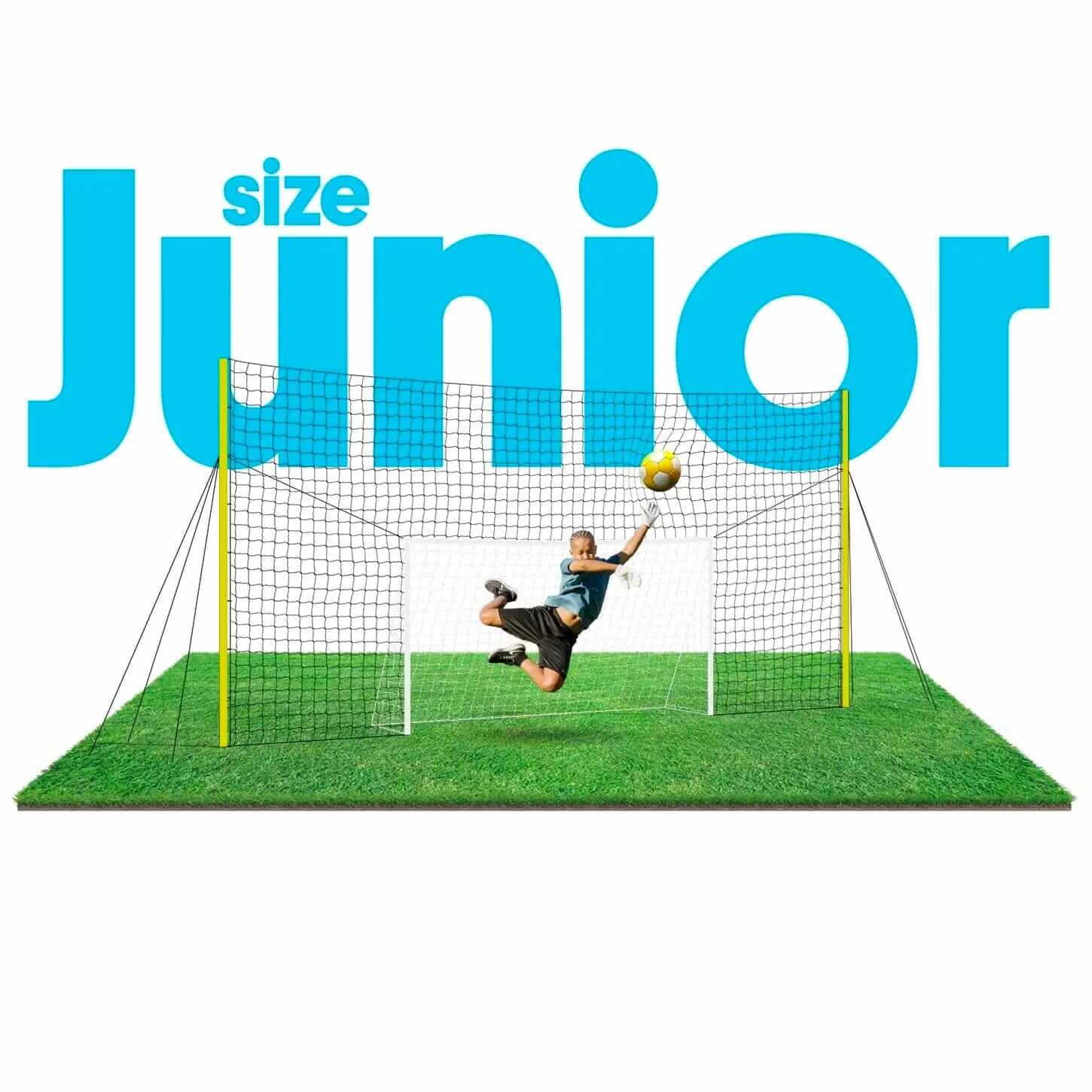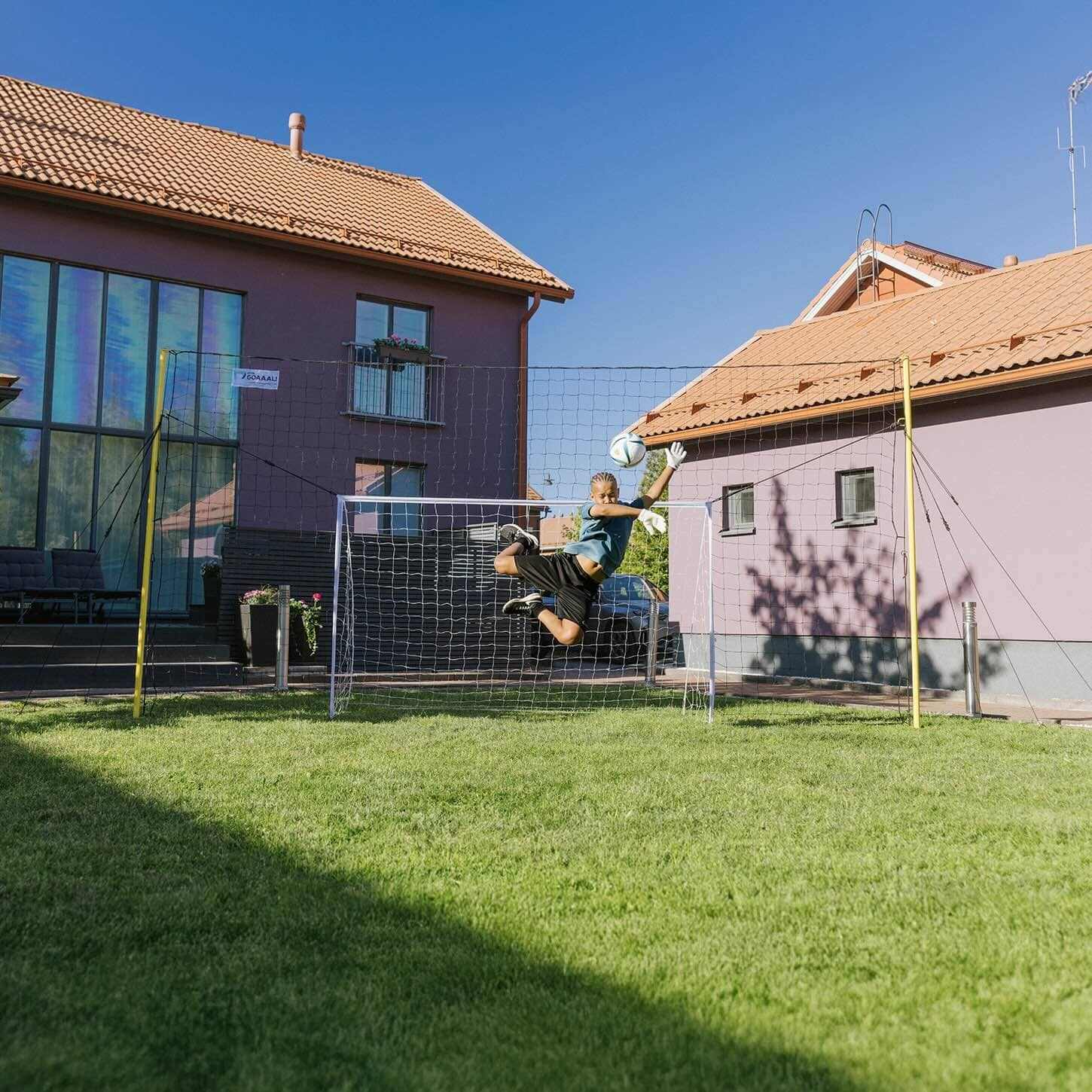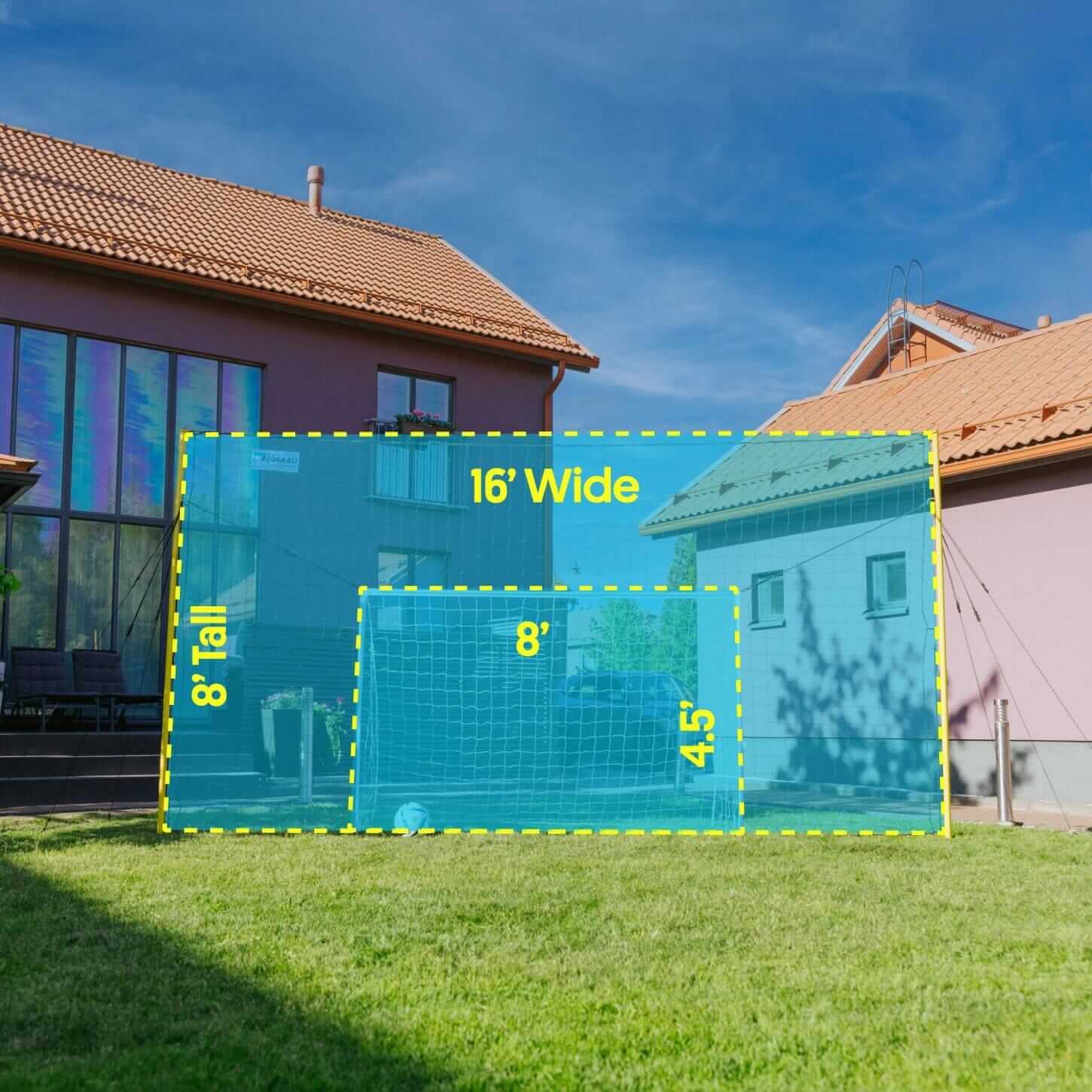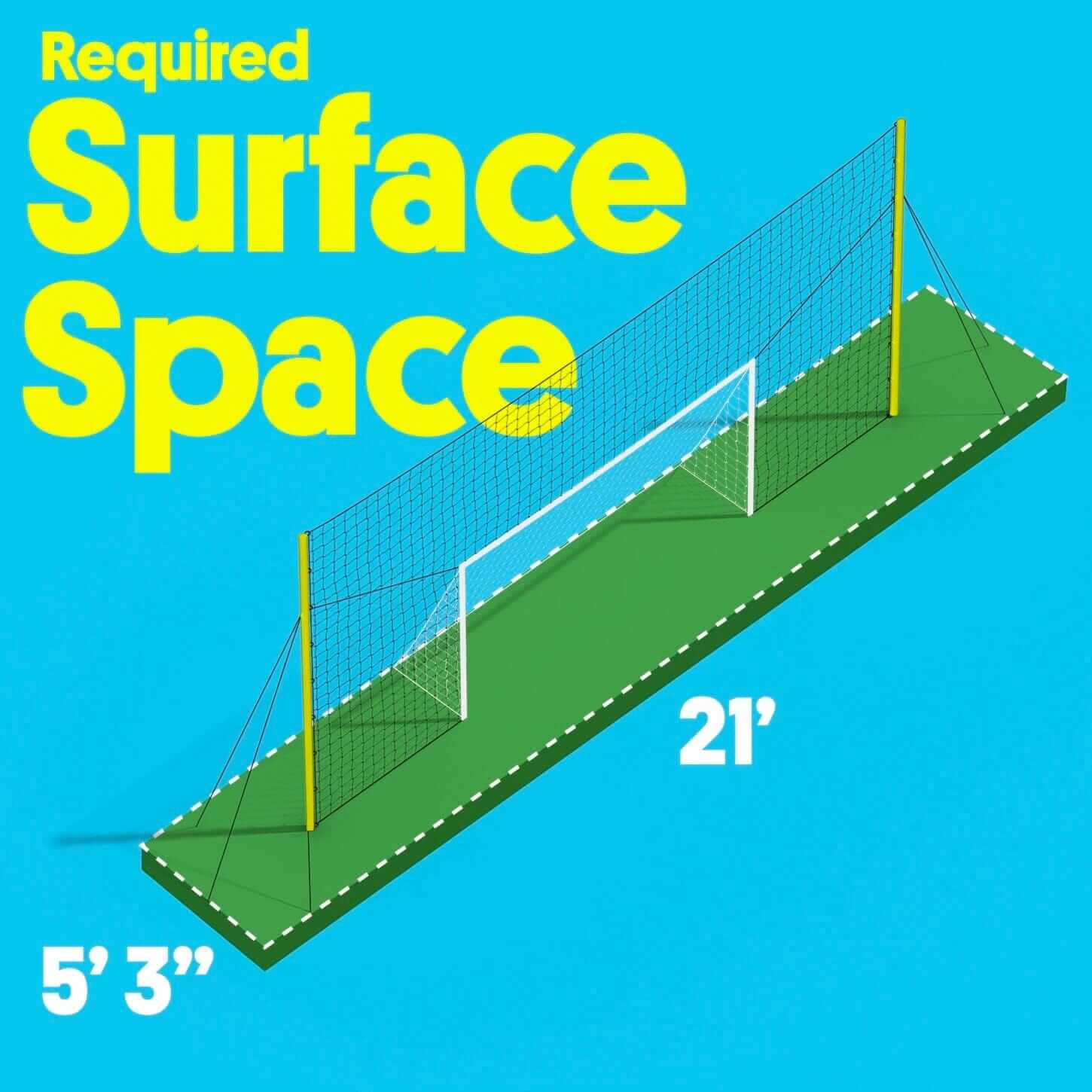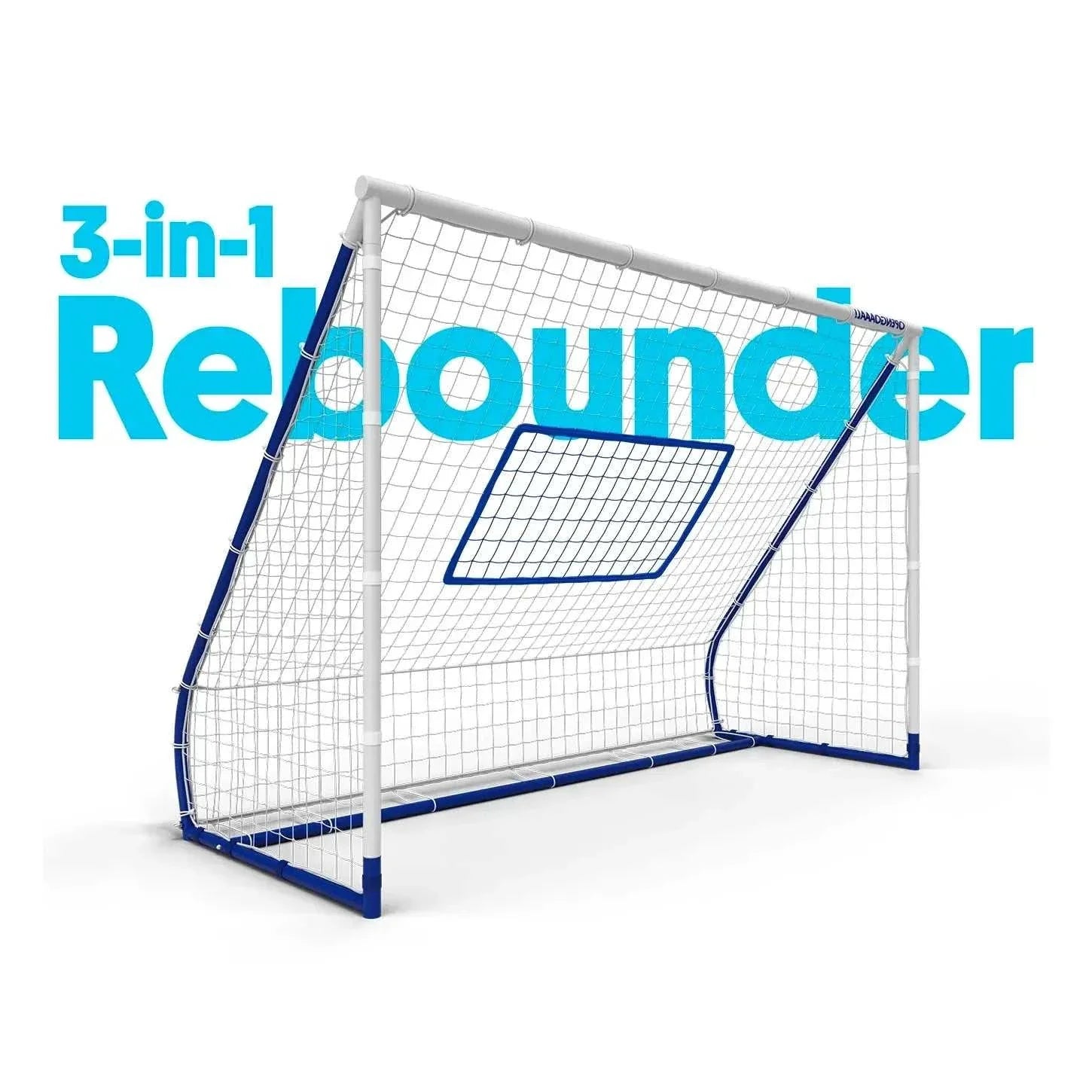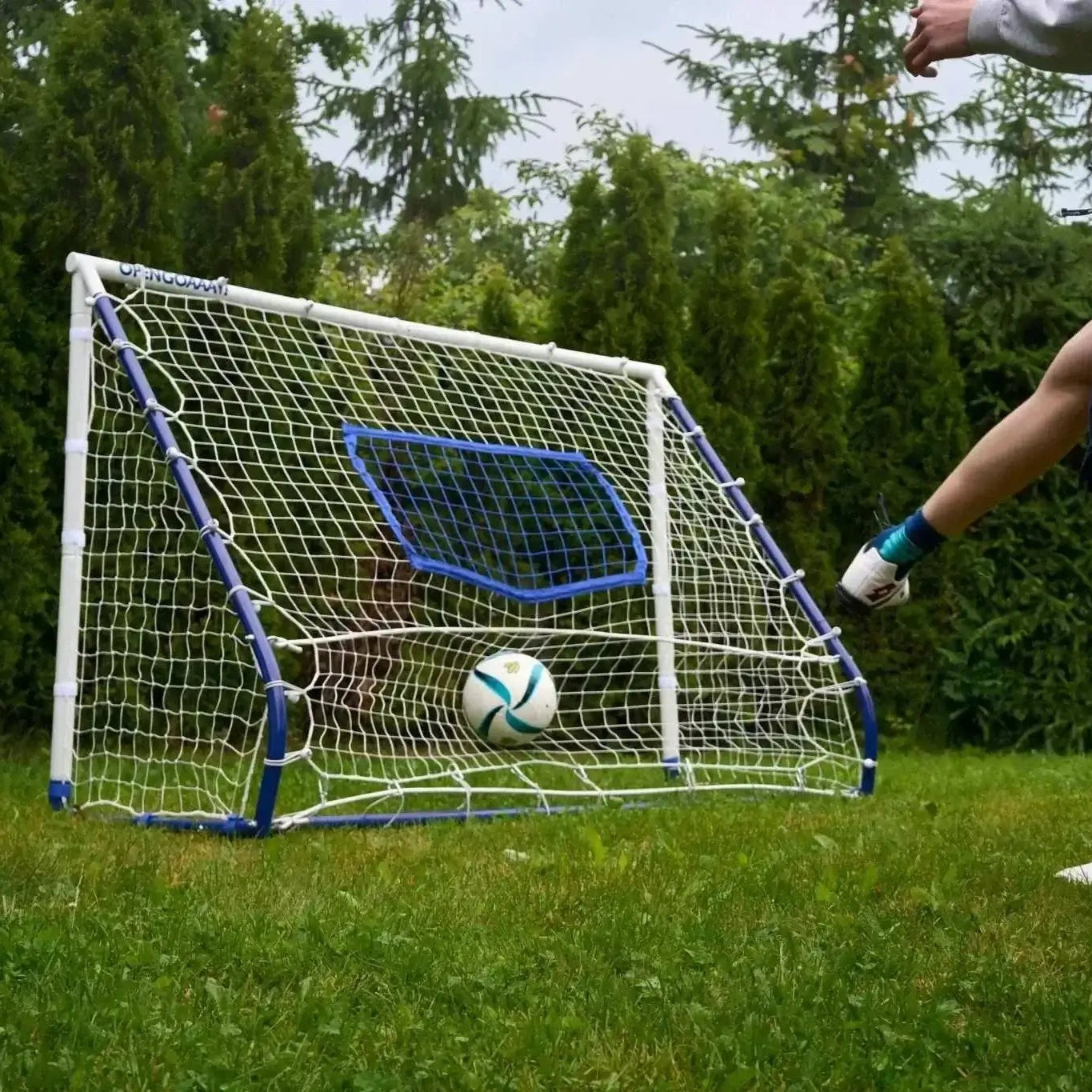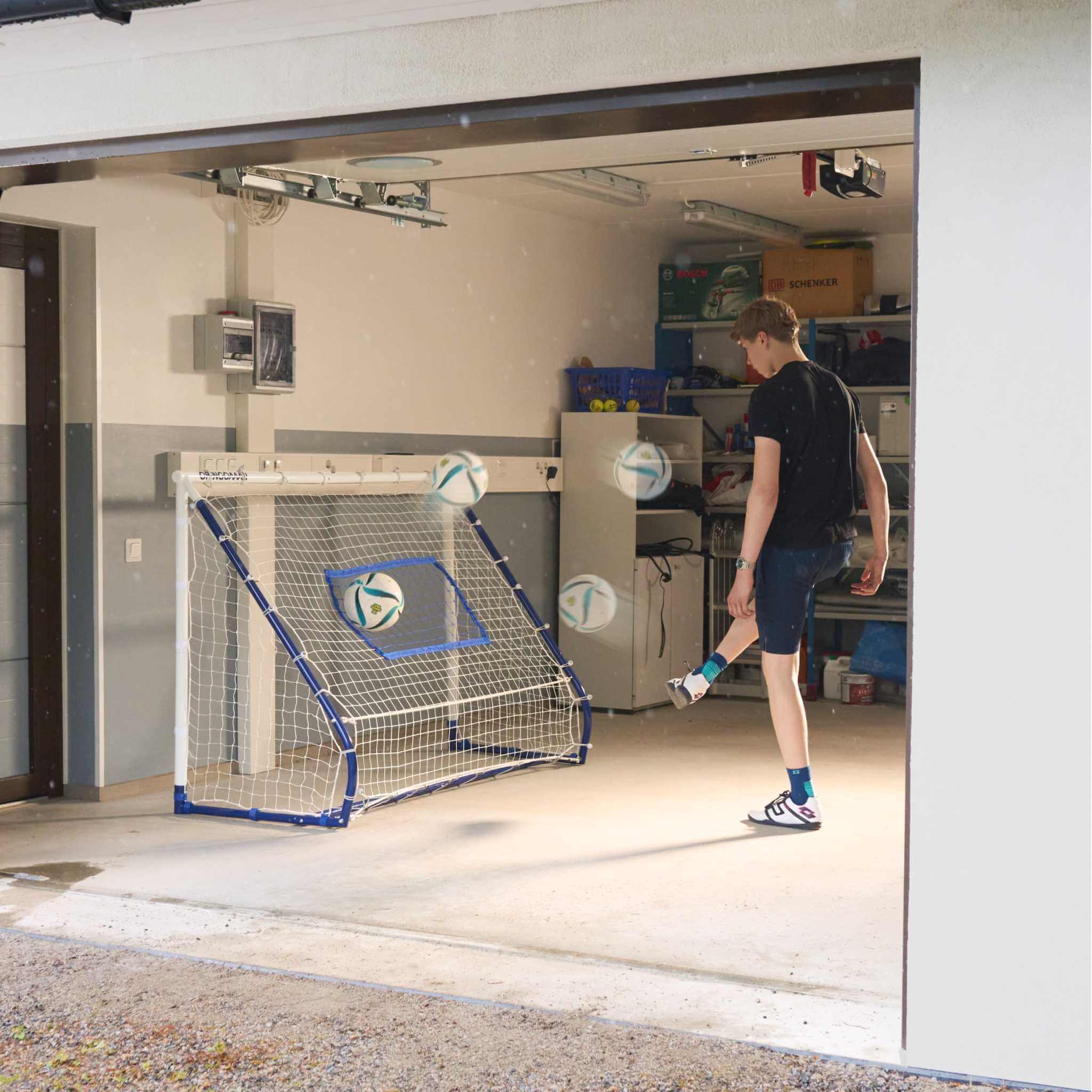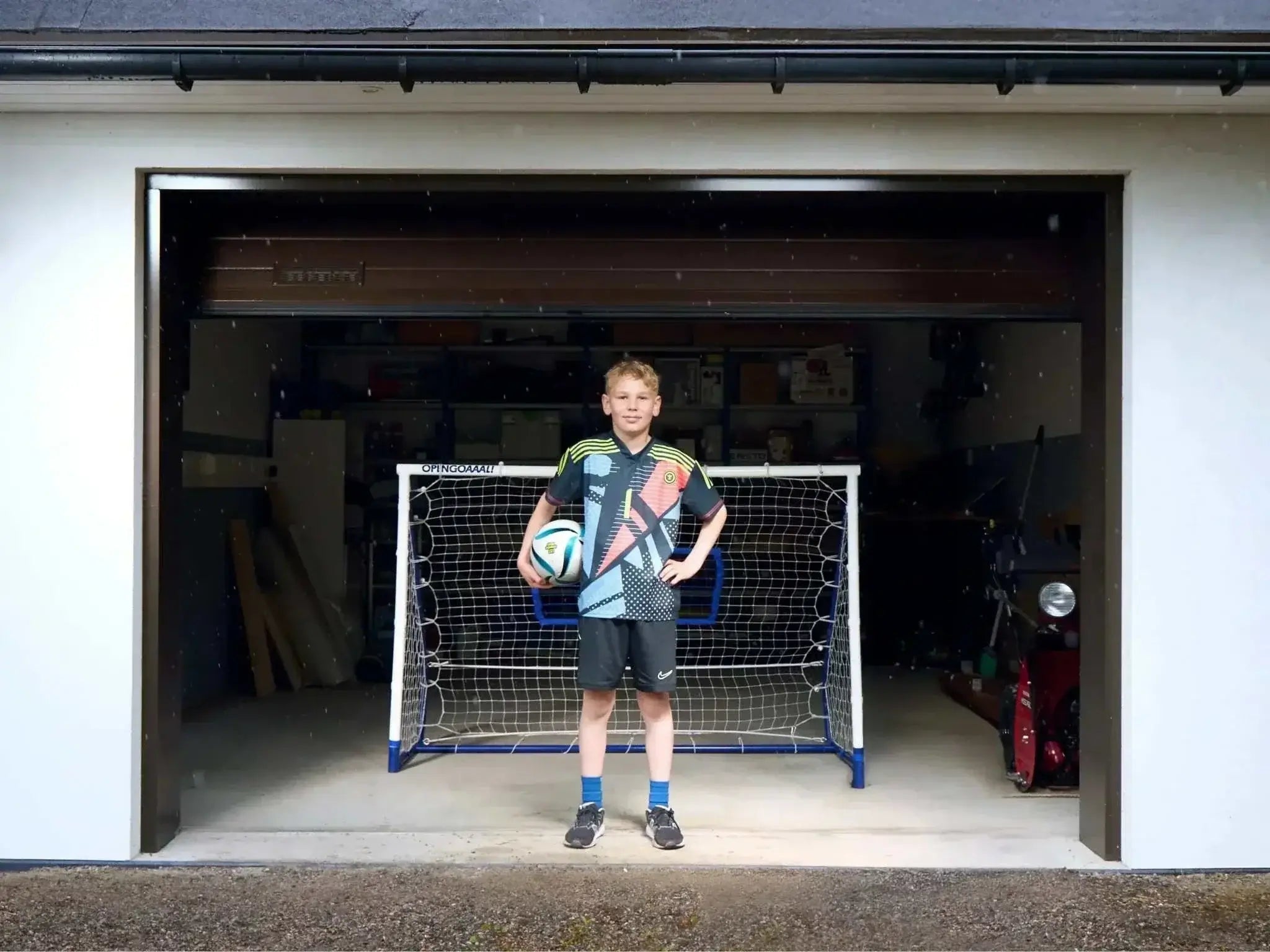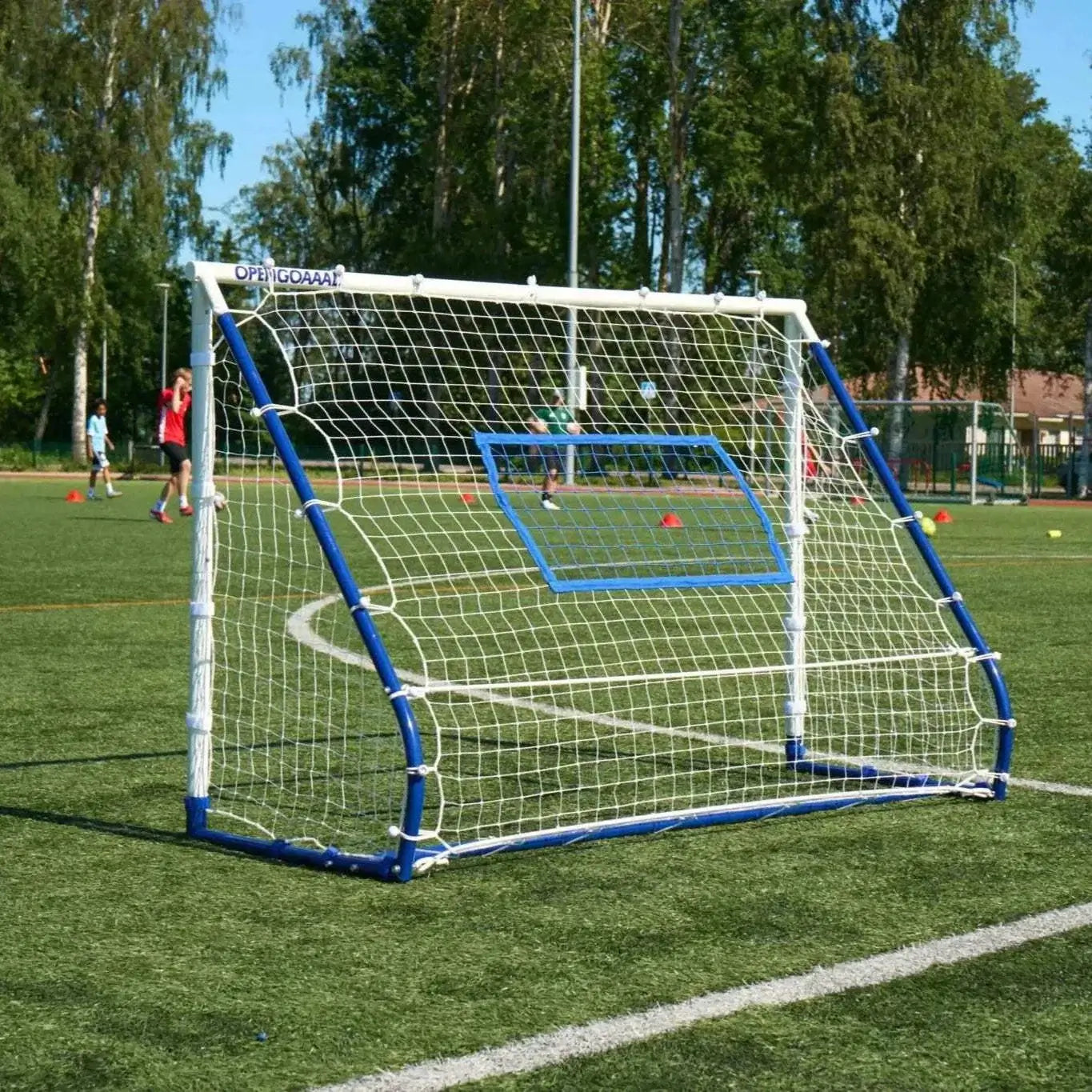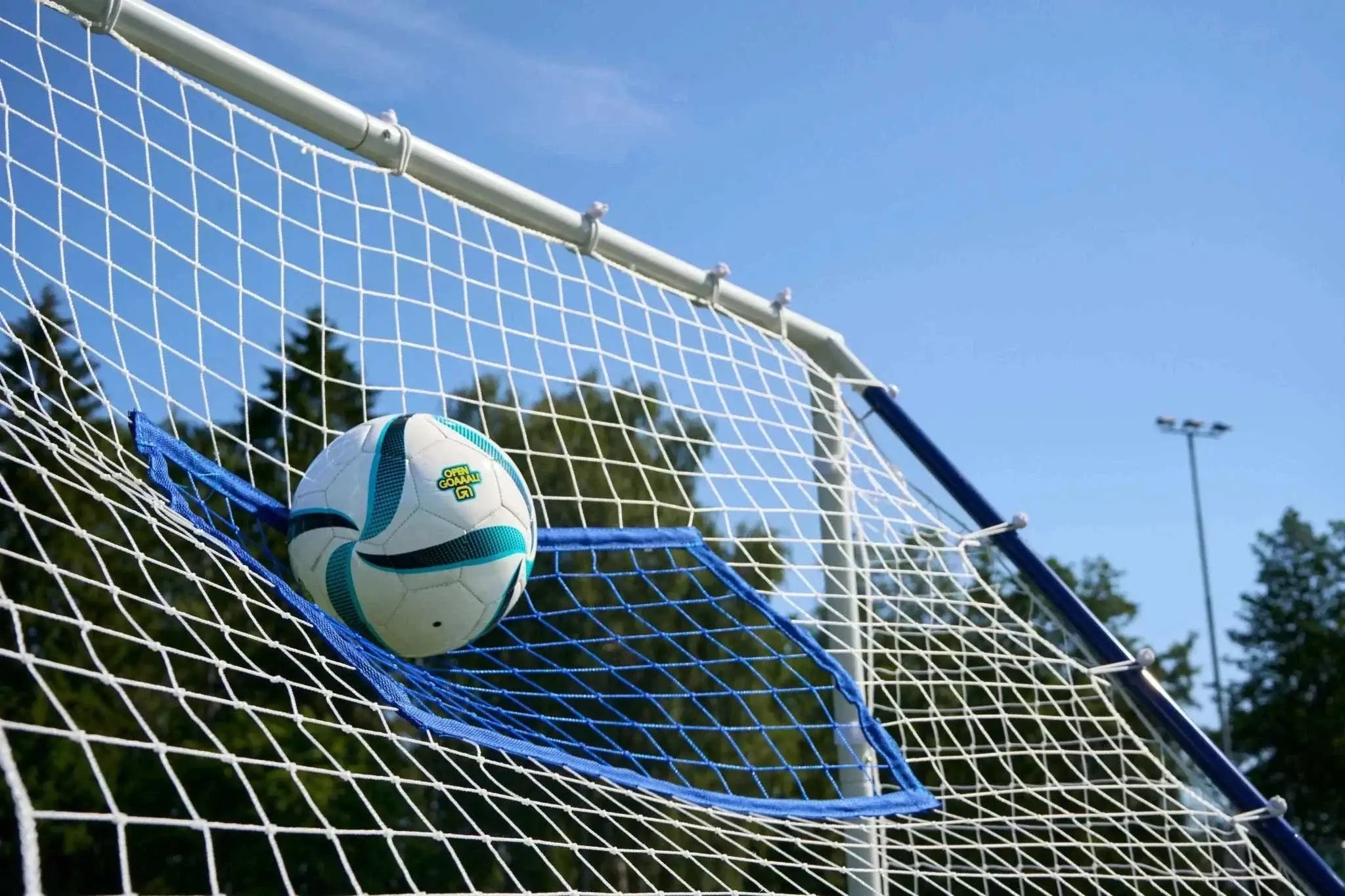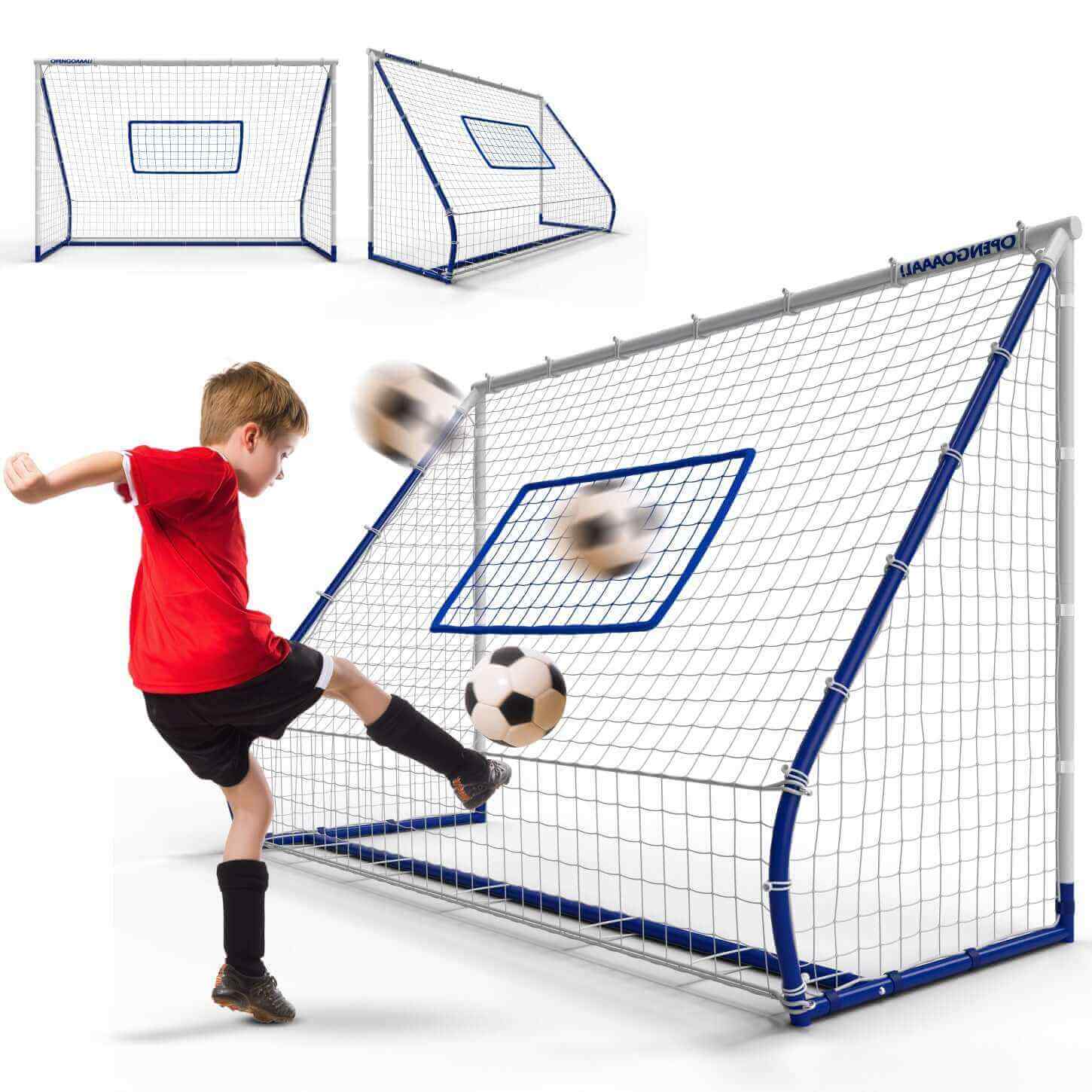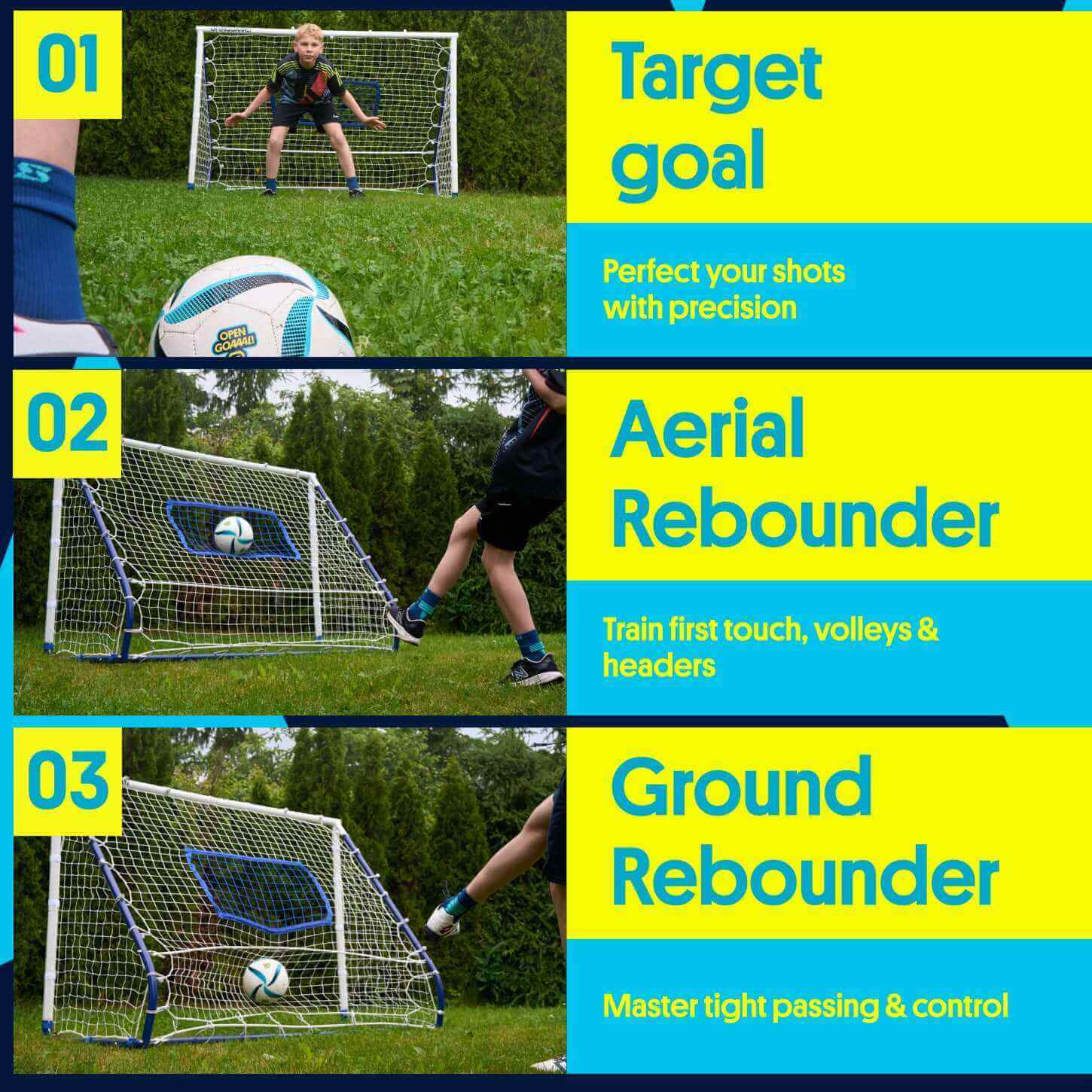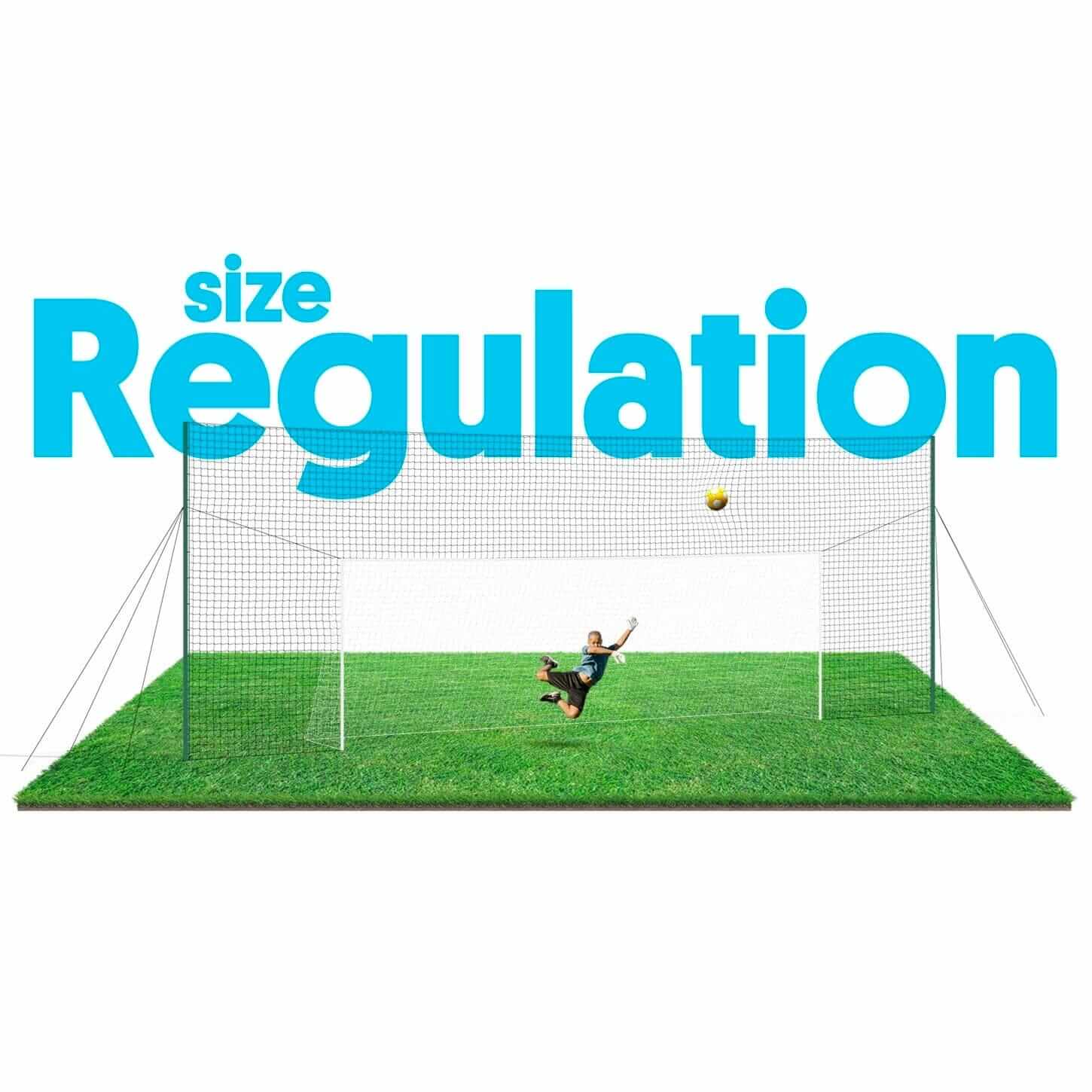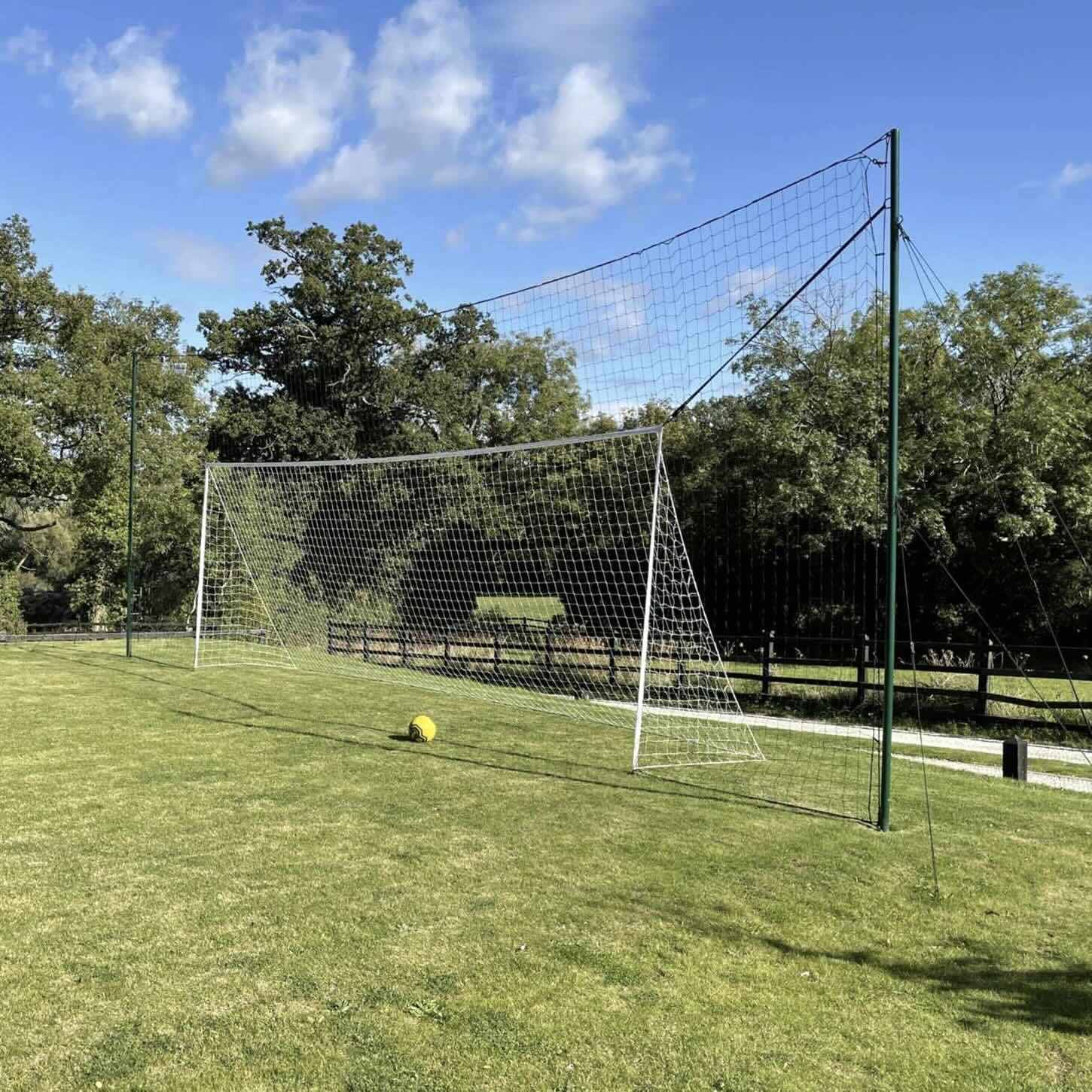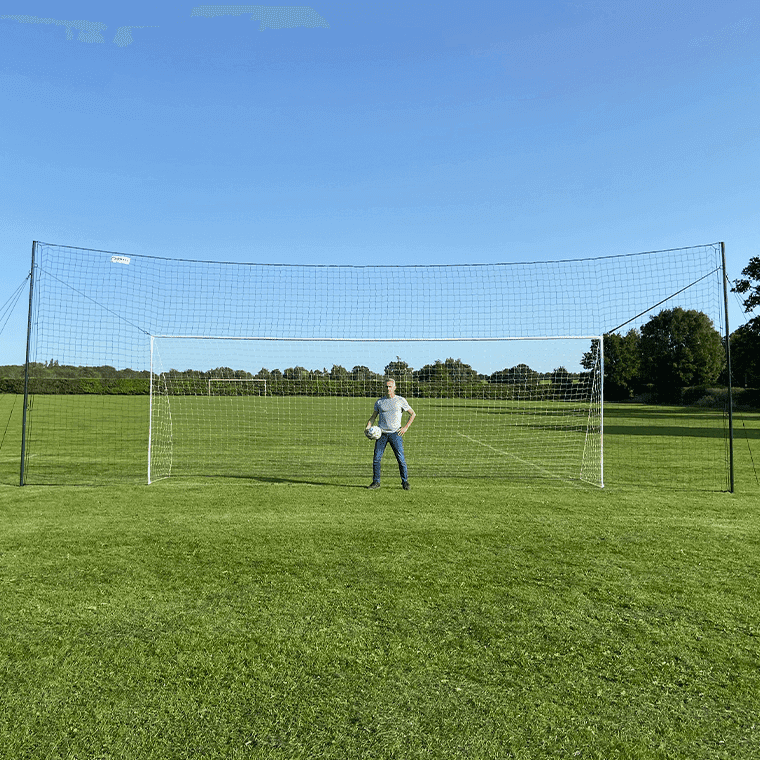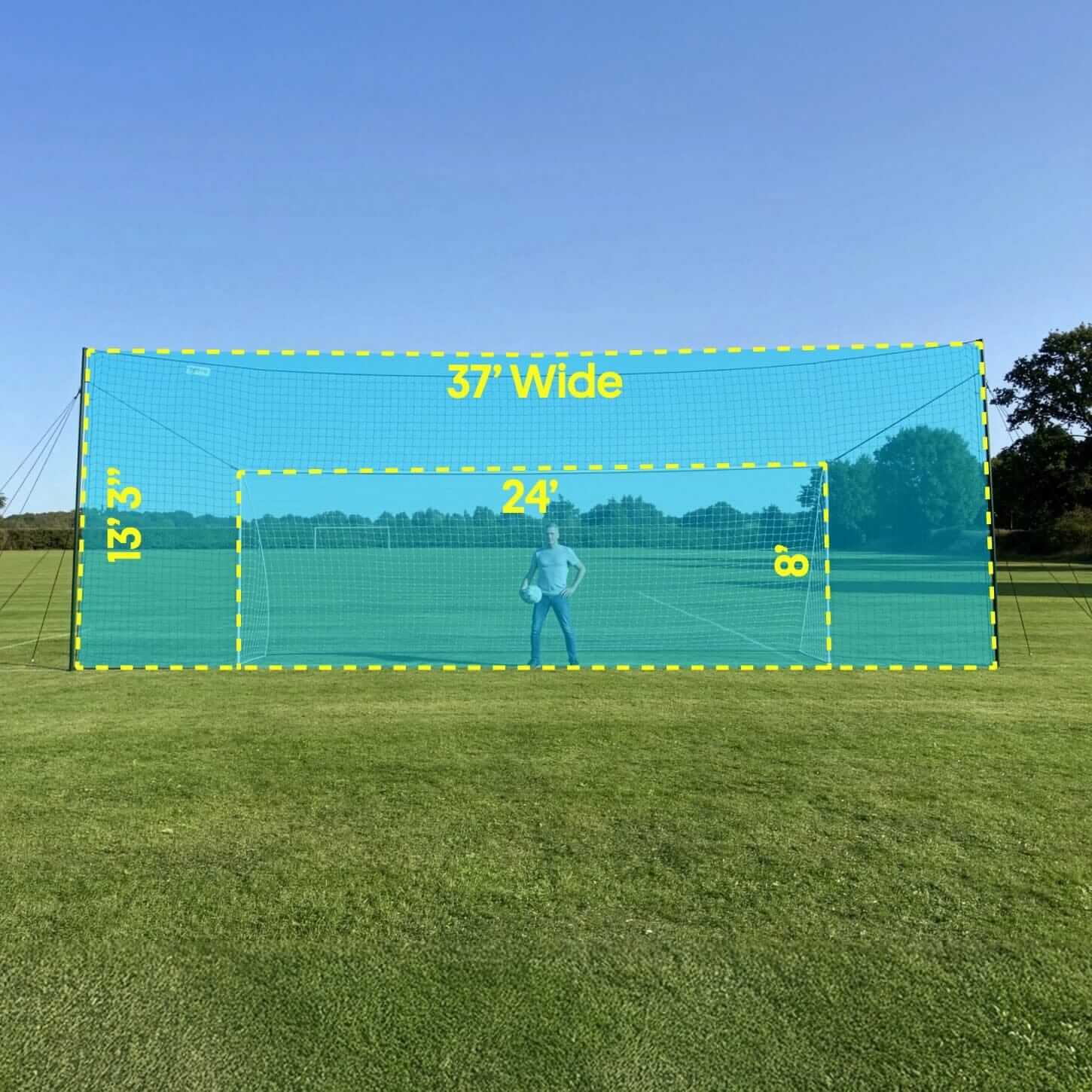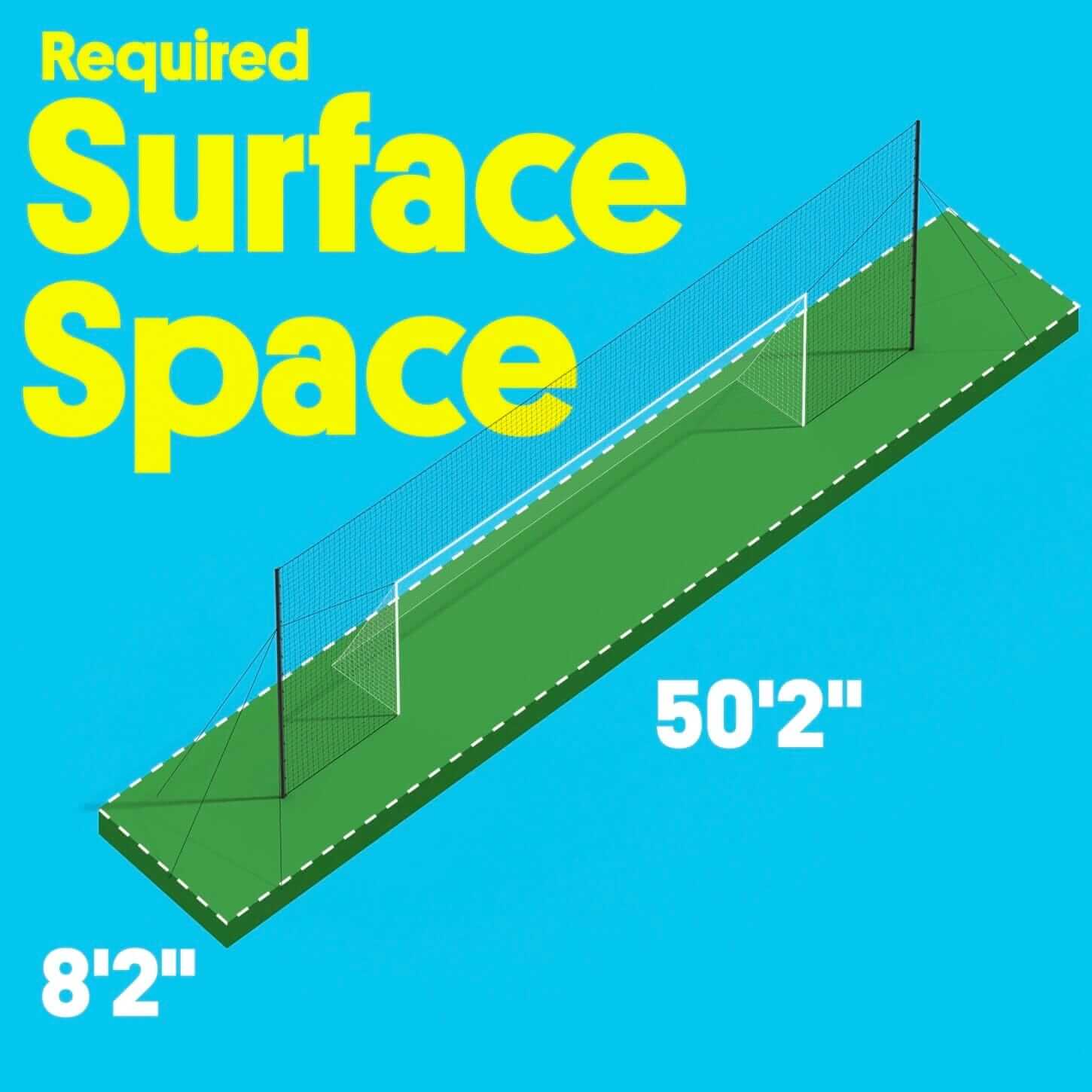When it comes to becoming an elite soccer player, mastering the technical and physical aspects of the game is only part of the equation. The ability to think strategically and make intelligent decisions under pressure is what often separates good players from great ones. This is where soccer IQ training comes in. In this blog, we’ll explore how to develop smarter, more effective play through understanding and improving your soccer IQ.
What Is Soccer IQ?
Soccer IQ refers to a player’s ability to read the game, anticipate plays, and make decisions that contribute to the team’s overall success. It’s about understanding how the game flows, knowing when to attack, defend, or hold the ball, and positioning yourself effectively to create advantages on the field.
Soccer IQ encompasses a broad range of skills, including spatial awareness, tactical knowledge, and the ability to think two or three steps ahead of your opponents. While soccer IQ genesis often begins at a young age, it can be improved at any stage in a player’s development. The key to developing a high soccer IQ is consistent mental training, just as you would train your physical skills.
Mental Aspects of Soccer IQ: Understanding the Game
To truly excel in soccer, understanding the mental aspects of the game is essential. Soccer IQ goes beyond physical skills and drills; it involves the ability to read the game, anticipate plays, and make intelligent decisions. This section delves into the key mental components of soccer IQ, including game vision, positioning, and decision-making under pressure. Mastering these elements will elevate your game, making you a more insightful and strategic player on the field.
Game Vision and Awareness
One of the hallmarks of a high soccer IQ is the ability to see the game unfold before it happens. Players with excellent vision and awareness can anticipate passes, runs, and shifts in play before they occur. This allows them to be proactive rather than reactive, giving them a significant advantage on the field.
To improve your game vision, start by watching professional games and paying attention to how elite players position themselves even when they don’t have the ball. Focus on where they are looking and how they use their body language to prepare for the next move.
Positioning and Movement Off the Ball
Your positioning on the field is crucial to making the most of every play. High-IQ players know how to move without the ball, creating space for themselves and their teammates. Understanding where to be on the field in relation to the ball and your opponents can elevate your game significantly.
One way to develop better positioning is by playing in small-sided games where space is limited. This forces you to make faster decisions and position yourself more efficiently. Over time, this will translate to full-field play, improving your soccer intelligence.
Decision Making Under Pressure
In soccer, the best decisions are often made under the most pressure. Whether you’re making a pass, shooting, or defending, being able to quickly assess the situation and make the right call is a key component of football IQ training. Drills that simulate high-pressure scenarios, such as fast-paced small-sided games or reaction drills, can help sharpen your decision-making ability.
How to Improve Soccer IQ: Key Techniques and Training
Enhancing your soccer IQ requires a blend of practical techniques and focused training. This section explores actionable methods to boost your mental game, from analyzing professional matches to engaging in specific drills designed to sharpen your decision-making skills. By incorporating these strategies into your routine, you'll develop a deeper understanding of the game and improve your overall performance on the field.
Watch and Analyze Games
One of the most effective ways to improve your soccer IQ is by studying the game itself. When watching professional soccer, don’t just focus on the ball—observe the players without it. Pay attention to their movement, positioning, and decision-making.
Ask yourself questions like, “Why did the player make that pass?” or “How did that player know to be in that position?” Analyzing games this way helps you develop a deeper understanding of the tactical side of soccer, which is key to improving soccer IQ.
Play in Various Positions
Playing in multiple positions gives you a well-rounded understanding of the game. When you play as a defender, midfielder, and forward, you gain insight into each role’s responsibilities and challenges. This experience builds your soccer IQ genesis by helping you see the game from different perspectives.
By understanding the entire field, you’ll make smarter decisions no matter where you’re playing. This versatility can significantly enhance your soccer intelligence.
Use Soccer-Specific Drills for Mental Sharpness
Mental sharpness is just as important as physical fitness. Drills that challenge your mind—such as decision-making games, pattern recognition exercises, and situational play drills—are essential for developing soccer IQ.
These exercises not only help with physical conditioning but also train your brain to process information quickly and make intelligent decisions in real time. Incorporating these drills into your regular practice routine will improve your soccer IQ training over time.
The Role of Tactical Knowledge in Soccer IQ Training
Tactical knowledge plays a pivotal role in soccer IQ training. Understanding various formations, strategies, and game tactics can significantly impact your performance. This section examines how mastering tactical concepts and learning from experienced coaches can refine your soccer intelligence. With a solid grasp of tactics, you'll be able to make more informed decisions and adapt to different game scenarios effectively
Mastering Formations and Tactics
A deep understanding of soccer formations and tactics is crucial to enhancing your soccer IQ. Knowing how different formations function, when to press, and how to adjust to your opponent’s style of play can give you a significant edge.
For example, understanding when to transition from a defensive 4-4-2 to a more offensive 4-3-3 can be the difference between winning and losing. Tactical knowledge allows you to adapt and react effectively during the game, which is a cornerstone of how to improve soccer IQ.
Learning from Coaches and Mentors
Good coaching is invaluable when it comes to improving your soccer IQ. A coach who emphasizes tactics and decision-making can help you see the game in a new light. Don’t hesitate to ask your coach for feedback on your positioning, decision-making, and tactical understanding.
Mentorship from experienced players can also help you refine your soccer intelligence. Ask questions about why they made certain decisions during play and how they read the game. The more knowledge you gain from others, the faster you’ll improve.
Soccer IQ in Action: Real-World Examples from Elite Players
The world’s best soccer players have one thing in common: a high soccer IQ. Players like Lionel Messi and Xavi Hernandez are known for their incredible understanding of the game. Messi, for example, doesn’t just rely on his technical skills—his ability to read the game, anticipate moves, and make split-second decisions sets him apart.
Xavi, on the other hand, was a master of positional play. His awareness of space and his ability to dictate the tempo of the game was a direct result of his high soccer IQ. By studying players like these, you can learn valuable lessons on how to improve your own soccer intelligence.
Practical Drills for Boosting Your Soccer IQ
Here are some practical drills you can incorporate into your training to enhance your soccer IQ:
- Situational Play Drills: Create specific game scenarios where players must make quick decisions based on evolving conditions on the field.
- Small-Sided Games: Playing in smaller spaces with fewer players forces you to think faster and be more aware of your surroundings.
- Visualization Exercises: Spend time visualizing different game situations and how you would react. This mental practice helps sharpen decision-making.
Consistently practicing these drills will improve your soccer IQ training and make you a smarter, more effective player.
Conclusion: Building a Smarter, More Effective Soccer Player
In soccer, mental sharpness can often make the difference between an average player and an elite one. By focusing on soccer IQ training, you’ll develop a deeper understanding of the game, make smarter decisions, and position yourself more effectively on the field. Remember, improving your soccer IQ is a continuous process, but with dedication and the right training, you can unlock a whole new level of play.
FAQs
What is soccer IQ?
Soccer IQ refers to a player's mental sharpness, game understanding, and ability to make quick, intelligent decisions on the field.
How can I improve my soccer IQ?
You can improve soccer IQ by watching and analyzing games, playing in multiple positions, and practicing drills that develop mental sharpness and decision-making.
What drills help with soccer IQ training?
Drills like small-sided games, situational play drills, and exercises that involve quick decision-making and positional awareness help with soccer IQ training.
Is soccer IQ more important than physical ability?
Both are important, but soccer intelligence can often make a difference in high-pressure situations where physical skills alone aren't enough.
At what age should players start focusing on their soccer IQ?
Soccer IQ genesis typically begins at a young age, but players can work on improving it at any point in their careers.


